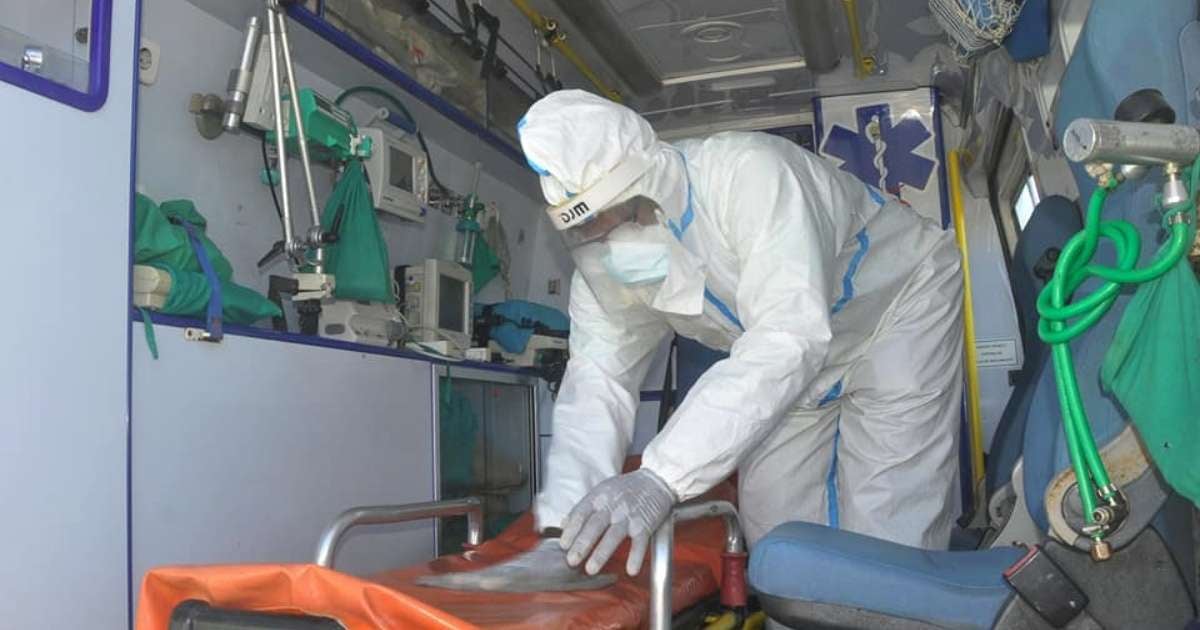China is currently facing a notable surge in infections caused by the human metapneumovirus (HMPV), a respiratory virus that has sparked concern among the public and medical professionals. The human metapneumovirus (HMPV) induces symptoms resembling those of a common cold, such as cough, fever, nasal congestion, headache, and fatigue. In more severe cases, particularly in young children, it can lead to complications like bronchiolitis or pneumonia.
Initially identified in 2001 in the Netherlands, this infectious agent is believed to have circulated in humans long before its discovery. It tends to resurface during seasonal spikes of respiratory illnesses and has been documented in various regions worldwide. Recently, a rise in respiratory infections has been observed in China, with a significant increase in HMPV cases among individuals under 14 years old, especially in the northern provinces.
Current Surveillance Efforts
Chinese authorities have initiated a pilot program to actively monitor pneumonia cases of unknown origin, anticipating a rise in respiratory diseases during the winter months. Although a national health emergency has not been declared, precautionary measures are in place to control the virus's spread and avoid a situation akin to the COVID-19 pandemic.
Diagnostic and Treatment Options
According to the United States Centers for Disease Control and Prevention (CDC), HMPV infection is typically confirmed through direct detection of the viral genome via nucleic acid amplification tests (NAAT) or direct detection of viral antigens in respiratory secretions using immunofluorescence or enzyme immunoassay. Routine testing is rare unless symptoms are severe or there is an outbreak.
Currently, there is no specific antiviral treatment or vaccine for HMPV. The Cleveland Clinic advises that treatment focuses on symptom relief:
- Stay hydrated and get adequate rest.
- Use over-the-counter medications for pain, congestion, and fever.
- Severe cases may require hospitalization for oxygen therapy or intravenous fluids.
Public Health Recommendations
The public is advised to maintain good hygiene practices, such as frequent handwashing, wearing masks in crowded places, and avoiding close contact with individuals exhibiting respiratory infection symptoms. Additionally, seeking medical attention is recommended if severe or persistent symptoms occur.
Reflections Five Years After COVID-19's Emergence
Unlike SARS-CoV-2, which caught the world off guard in 2019, the HMPV has been familiar to the medical community for over two decades. Its behavior is predictable, contributing to seasonal peaks of respiratory illnesses along with other viruses like the respiratory syncytial virus (RSV) and influenza.
In December 2019, the world first heard of a novel coronavirus identified in Wuhan, China. What initially seemed like a localized outbreak quickly escalated into a global pandemic, infecting millions and claiming over 6 million lives, according to official figures. The COVID-19 pandemic led to widespread lockdowns, lifestyle changes, a rapid surge in vaccine development, and a global economic crisis. It also exposed weaknesses in health systems and highlighted the need for better preparedness for future health emergencies.
Five years on, the world continues to grapple with post-pandemic recovery challenges and the emergence of new viruses like HMPV, underscoring the critical importance of epidemiological surveillance and international cooperation in public health.
Understanding HMPV and Its Impact
What is HMPV, and what symptoms does it cause?
HMPV, or human metapneumovirus, is a respiratory virus causing symptoms similar to a common cold, including cough, fever, nasal congestion, headache, and fatigue. In severe cases, it can lead to bronchiolitis or pneumonia, especially in young children.
How is HMPV diagnosed?
HMPV infection is usually diagnosed by detecting the viral genome through nucleic acid amplification tests (NAAT) or identifying viral antigens in respiratory secretions using immunofluorescence or enzyme immunoassay.
Is there a treatment or vaccine for HMPV?
Currently, there is no specific antiviral treatment or vaccine for HMPV. Treatment is focused on symptom relief, such as staying hydrated, getting rest, and using over-the-counter medications for pain and fever.
